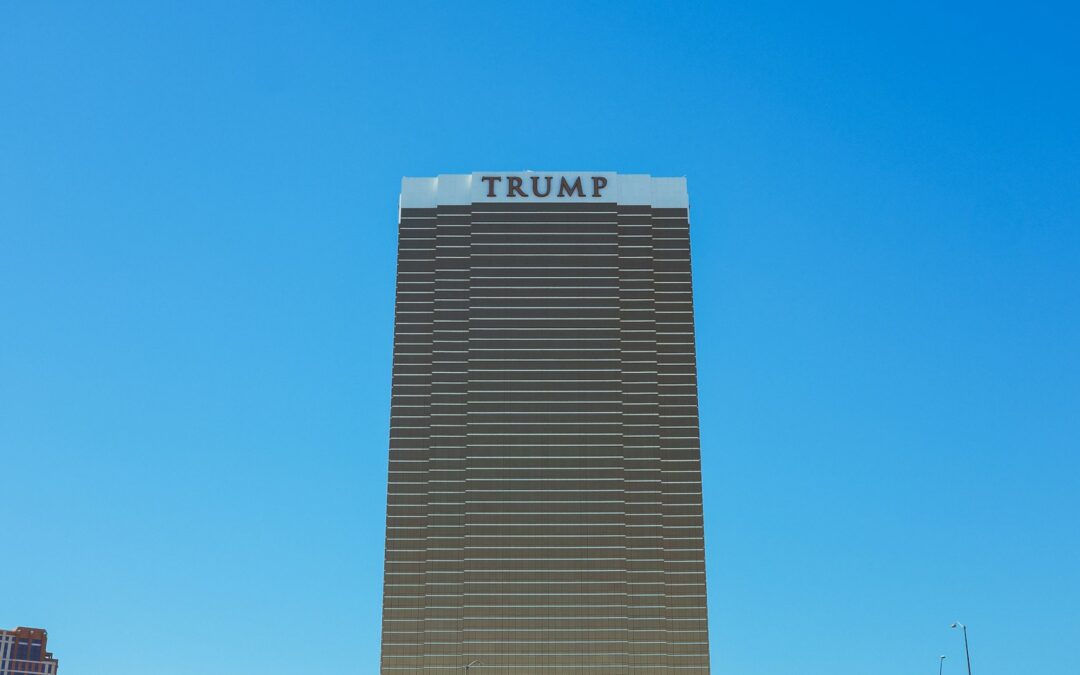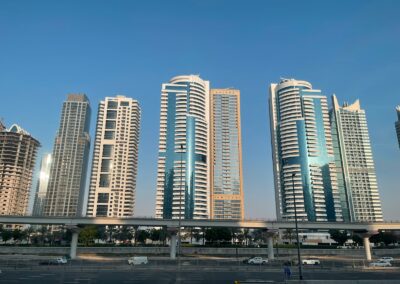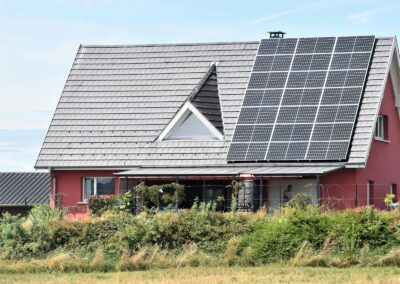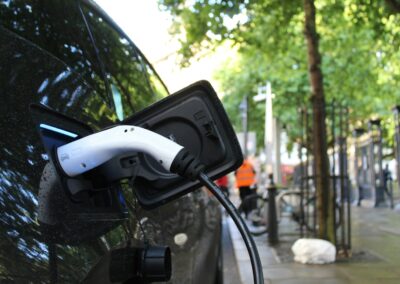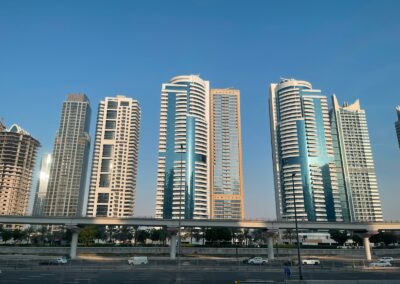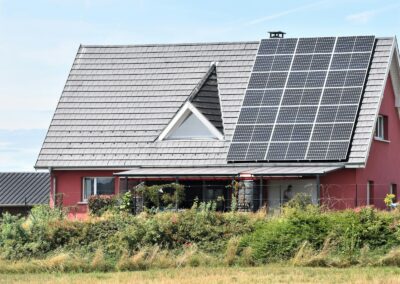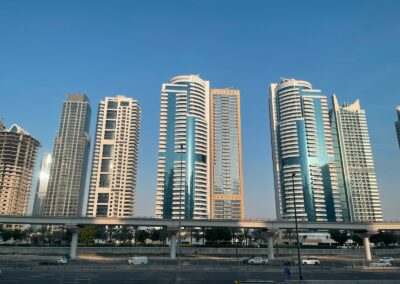Government Incentives: Driving Energy Efficiency in Smart Buildings
Introduction to Government Incentives
Government incentives play a crucial role in promoting energy efficiency in smart buildings, particularly in rapidly developing regions such as Saudi Arabia and the UAE. These incentives are designed to encourage the adoption of advanced technologies and sustainable practices by providing financial support, tax benefits, and regulatory frameworks that facilitate energy-efficient upgrades. For business executives, mid-level managers, and entrepreneurs, understanding the impact of these incentives is essential for capitalizing on opportunities to enhance sustainability and operational efficiency. By leveraging government support, businesses can not only reduce their environmental footprint but also achieve significant cost savings and competitive advantages.
Financial Incentives and Tax Benefits
Financial incentives and tax benefits are among the most effective tools used by governments to promote energy efficiency in smart buildings. These incentives can take various forms, including grants, rebates, and low-interest loans that offset the initial costs of implementing energy-efficient technologies. For instance, in Dubai, government programs may offer subsidies for installing smart HVAC systems, solar panels, and advanced insulation materials. These financial incentives make it more feasible for businesses to invest in energy-efficient upgrades, leading to reduced energy consumption and lower utility bills. Moreover, tax benefits such as deductions or credits for energy-efficient investments further enhance the financial viability of these projects, encouraging widespread adoption of sustainable practices.
Regulatory Frameworks and Standards
Regulatory frameworks and standards set by governments are critical in driving the adoption of energy-efficient technologies in smart buildings. These regulations establish clear guidelines and requirements for building performance, ensuring that new constructions and retrofits meet high standards of energy efficiency. In Riyadh, for example, building codes may mandate the use of energy-efficient lighting, HVAC systems, and water management solutions. Compliance with these regulations not only helps businesses reduce their energy consumption but also ensures that they remain competitive in a market that increasingly values sustainability. Additionally, regulatory frameworks often include penalties for non-compliance, further incentivizing businesses to prioritize energy efficiency in their operations.
Strategic Benefits and Future Prospects of Government Incentives
Government incentives for energy efficiency offer strategic benefits that can significantly enhance business success. By reducing operational costs through lower energy consumption, businesses can improve their bottom line and reinvest savings into other areas of growth. Furthermore, companies that adopt energy-efficient practices often gain a competitive edge by differentiating themselves as leaders in sustainability. This is particularly important in markets like the UAE and Saudi Arabia, where consumers and stakeholders increasingly prioritize environmental responsibility. Leveraging government incentives not only helps businesses achieve compliance with regulatory standards but also enhances their reputation and marketability, driving long-term success.
Effective Change Management and Executive Coaching
The successful implementation of energy-efficient technologies in smart buildings requires effective change management and executive coaching. Change management strategies ensure that all stakeholders are engaged and supportive of the transition to new technologies. This involves clear communication, training, and continuous support to address any challenges that may arise. Executive coaching can develop leadership skills that prioritize sustainability and resilience, helping leaders navigate the complexities of integrating advanced management systems. For business leaders in Dubai and Riyadh, where rapid technological advancements are the norm, these skills are essential for driving successful change and achieving strategic objectives. Management consulting services can also provide valuable insights and best practices for deploying integrated systems, ensuring alignment with organizational goals and minimizing disruptions to daily operations.
The Future of Smart Buildings: AI, Blockchain, and the Metaverse
The future of smart buildings lies in the continued integration of AI, blockchain, and the metaverse, all of which are supported by government incentives. AI advancements will provide even more sophisticated capabilities for optimizing energy use, enhancing predictive maintenance, and personalizing occupant experiences. Blockchain technology can ensure secure and transparent management of resource transactions, promoting trust and accountability. The metaverse offers new opportunities for virtual simulations and interactive management, allowing stakeholders to visualize and optimize building operations in a digital environment. For business leaders in Saudi Arabia and the UAE, embracing these emerging technologies will be key to transforming the built environment and promoting long-term sustainability. By staying at the forefront of these trends and leveraging government support, businesses can ensure they are well-prepared to navigate the future of smart building management and drive continuous improvement.
#EnergyEfficiency #SmartBuildings #GovernmentIncentives #Sustainability #BusinessSuccess #ManagementConsulting #ArtificialIntelligence #Blockchain #Metaverse #LeadershipSkills #ProjectManagement

